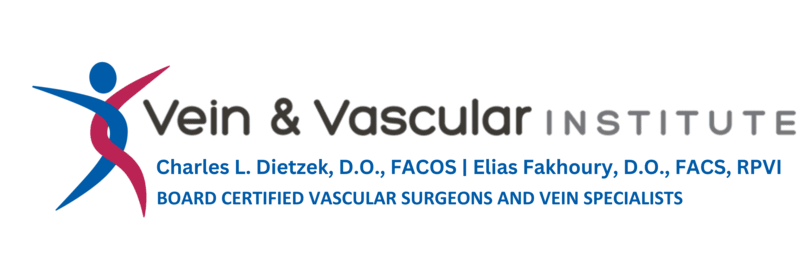
Could that pain in your groin be related to your veins? If no other diagnosis has been found, schedule an appointment with a vein specialist.
Groin pain in women can be traced to several causes, including abnormalities in the reproductive system, urinary tract, or even the large intestine. If you’ve been experiencing chronic pain in your pelvis for six months or more, and examinations have ruled out disorders in those organs, you might want to check with a vein specialist.
Vein-related groin pain in women is frequently overlooked and, therefore, doesn’t receive a proper diagnosis in many cases. Patients suffer needlessly before finally finding relief from the persistent ache and other distressing symptoms of pelvic pain. You may wish to talk to your vascular doctor, who can diagnose and recommend treatment for two common causes of female groin pain — pelvic congestion syndrome and vulvar varicosities.
Table of Contents
TogglePelvic Congestion Syndrome
Similar to varicose veins in the legs, pelvic congestion syndrome (PCS) occurs when veins in the pelvic region enlarge, most often due to pregnancy. During pregnancy, the extra weight put on the pelvis by the growing uterus strains the vein valves, eventually forcing the vein walls to bulge around the ovaries, vulva, vaginal, inner thighs, and occasionally the buttocks. Hormones like estrogen widen the veins and stretch vein walls beyond their capacity to hold the influx of blood, thereby increasing the symptoms.
Because of those factors, PCS is common among pre-menopausal women or women who have had two pregnancies. PCS-related pain usually starts on the left side, but it can be felt on both sides. The pain may worsen before and during your period, and may cause you to feel an urgent need to urinate.
To diagnose PCS, your doctor will perform several imaging tests, such as an ultrasound or CT scan. Pelvic venography is another common testing method. In this procedure, a dye is injected into a vein in the groin or neck as an X-ray snaps pictures of the affected veins.
Treatments for PCS include various pain reducers, along with medications such as medroxyprogesterone, which is also used to treat endometriosis. If surgery is recommended, an interventional radiologist can perform a pelvic vein embolization. Guided by X-ray images, the doctor inserts a catheter into the groin or neck vein and places a coil, a liquid solution, or glue into the vein to cut off the damaged veins. The procedure is done on an outpatient basis with small incisions and lasts about 90 minutes. The majority of patients report symptom reduction within two weeks of the operation.
Vulvar Varicosities
Like PCS, vulvar varicosities emerge during pregnancy as veins in the vulva, the female’s external genital region, protrude as blood rushes to the area. Roughly 20 percent of pregnant women develop vulvar varicosities, leading to pain and pressure in the vulva and pain during intercourse. Vulvar varicosities are also marked by knotty blue or purple veins on the vulva.
Typically, a vein specialist diagnoses the condition with a visual examination or an ultrasound. After delivery, vulvar varicosities disappear in about six weeks. For that reason, surgery is not needed. Instead, to relieve symptoms, pregnant women can apply a cold compress to the genital area, wear flat shoes, and elevate their hips while in bed. Specially designed compression garments may also take some of the pressure off the genitals during pregnancy.
Vulvar varicosities don’t interfere with the birth of the baby. However, the condition could lead to PCS and should be monitored if the veins fail to diminish in the weeks after delivery. At that point, minimally invasive produces like the ones used for varicose veins on the legs can eliminate the vulvar varicosities.
Visit a Vein Specialist
Pelvic pain may be caused by any number of conditions. But if your doctors have ruled out other potential conditions, it’s time to visit a vein specialist. At the Vein and Vascular Institute, we’re knowledgeable about all vein disorders, from varicose veins to PCS. We’ll diagnose your condition and suggest safe, effective therapies. Contact our office for an appointment today so you can live pain-free once again.
